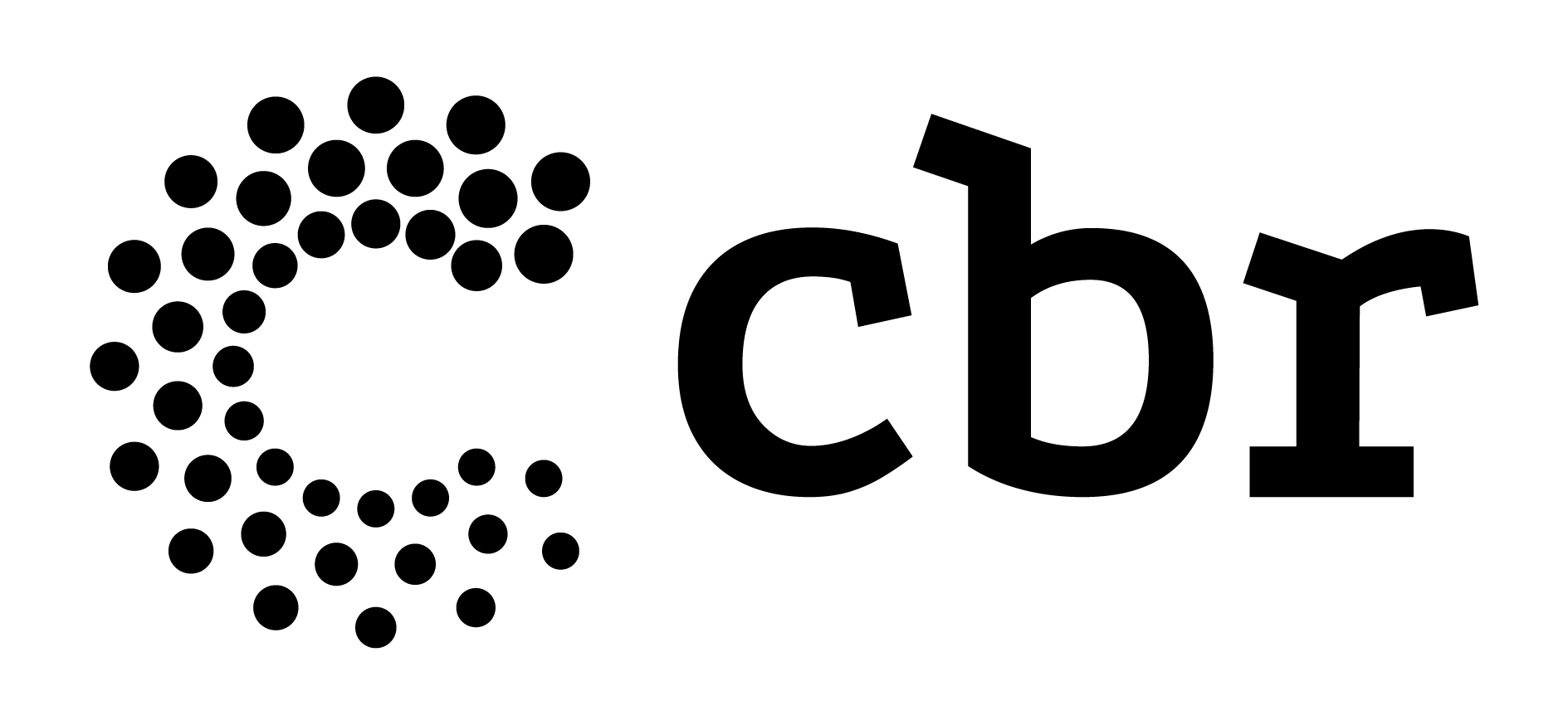A subject that always comes back to the agenda in consultations formulated by the members of the Brazilian College of Radiology and Image Diagnosis (CBR) refers to the performance of exams and the elaboration of reports without a medical request.
After all, is it allowed or not to carry out tests and prepare the respective report without a medical request? Can such conduct bring harm to the doctor or the responsible service?
Indeed, it should be noted that the request for a medical examination is a private act of the attending physician, after direct and personal assistance to the patient. Article 37 of the current Code of Medical Ethics is emphatic in prohibiting the prescription of treatments or other procedures without direct patient care.
The diagnostic examination, as is well known, is complementary to the care provided to the patient by the attending physician, corroborating the identification of the diagnosis, but without disregarding the necessary evaluation of the information collected in the physical examination and the clinical history.
The objectives inherent to the diagnostic examination are achieved, as a rule, only when the analysis of the signs of image alteration is carried out together with the clinical signs and symptoms presented by the patient - sometimes, with other previous imaging tests for comparison.
The Federal Council of Medicine (CFM), when faced with the matter, expressed itself as follows:
“Radiological examination can only be requested by a physician. Any act aimed at diagnosis, prognosis or therapy (execution or prescription) is a medical act and, therefore, exclusive to that professional. It is ethically unethical for a physician to accept an unsolicited radiological examination.” (Opinion-Consultation CFM No. 1.445/97 - PC/CFM/No. 27/97)
In another similar case:
“The request for complementary exams can only be made by a doctor, because it is a complement to the clinical exam, therefore, an integral part of the medical diagnosis, which can only be carried out by a legally qualified professional (art. 17 of Law 3.268 of September 30, 1957), respecting, however, the legislation that regulates the activity of dentists.” (CFM Opinion No. 21/85)
In this perspective, the request for an examination is a private act of the physician and resulting from the clinical examination of the patient, and its performance, with the respective report, without the corresponding request signed by the attending physician, constitutes an ethical infraction, liable to be punished by the Regional Councils of Medicine.
In the event that the ethical infraction defined so far is verified – carrying out an examination and preparing a report without a medical request – the responsibilities will be jointly assigned, between the doctor responsible for the service and the one who carried out the examination and the report, if the latter be aware that there was no request from the patient's attending physician.
Dr. Alan Skorkowski
CBR legal advice



